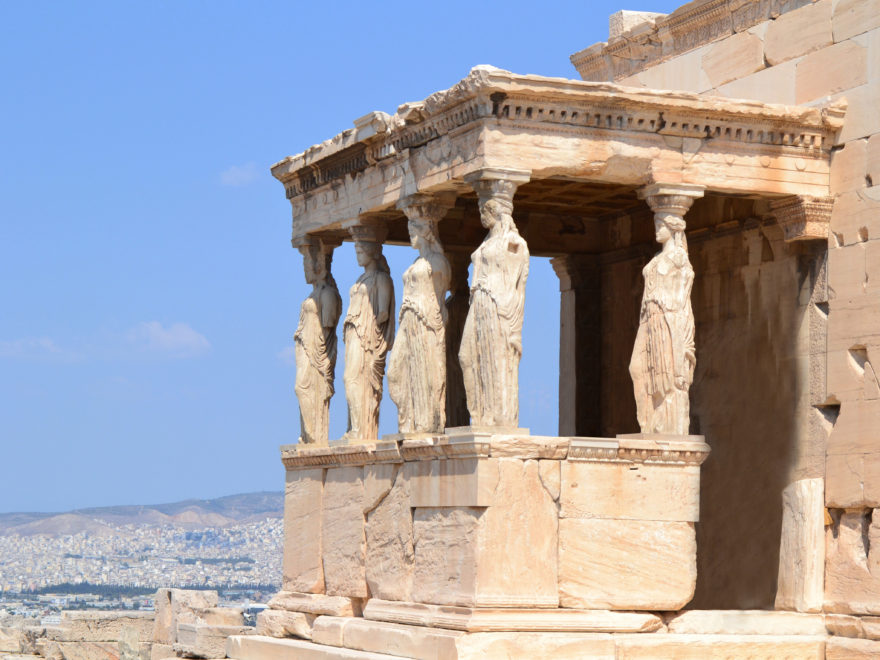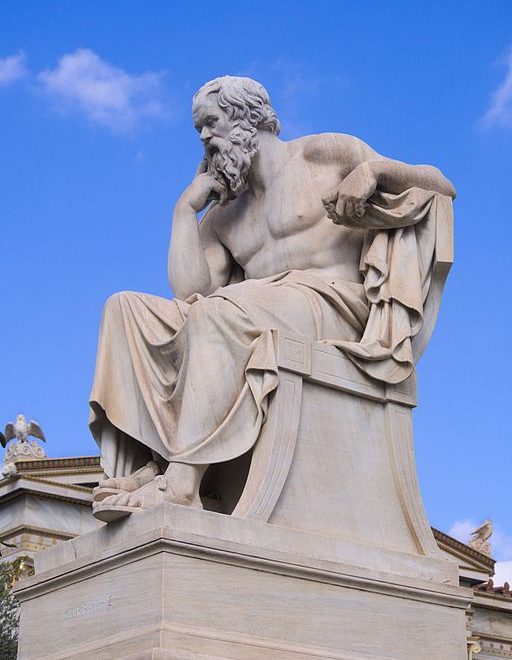Tag: positive psychology
-

Practicing Happiness: Ancient Wisdom for Our Modern World
The pursuit of happiness is one of three rights originally drafted by Thomas Jefferson in the “Declaration of Independence.” These “unalienable rights” are “life, liberty and the pursuit of happiness.” It is an odd turn of phrase, but one that has a profound backdrop to it, one which we have perhaps lost today. It is…
-

In Search of Happiness, Part 1: The Road of Virtue
In 1952, Dr. Norman Vincent Peale, an Ohio-born pastor who went on to minister for fifty-two years in New York City, published a book that would go on to change his life and career trajectory. The book’s title? I’m sure you’ve heard of it, at least, as an idea. It’s called The Power of Positive…
-

The Flow of Thought, Part 2: The Joy of Memory
In my last article “The Flow of Thought, Part 1: Training the Attention for Happiness’ Sake” I drew a connection between Aristotle’s view that happiness is the chief goal of education and the findings of modern positive psychology. In Mihaly Csikszentmihalyi’s Flow: The Psychology of Optimal Experience, he reports his findings that people report being most…

